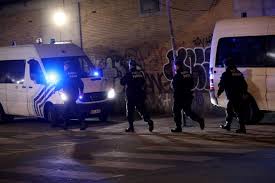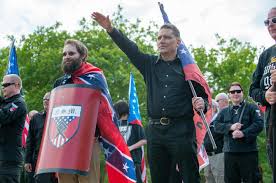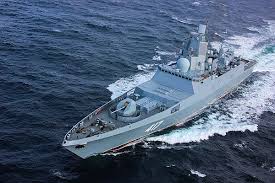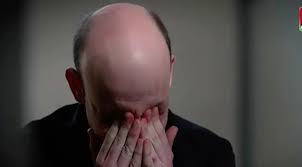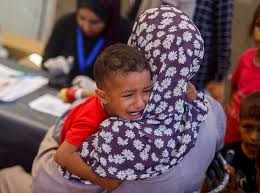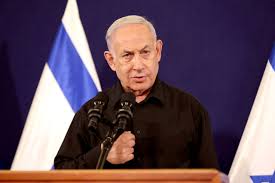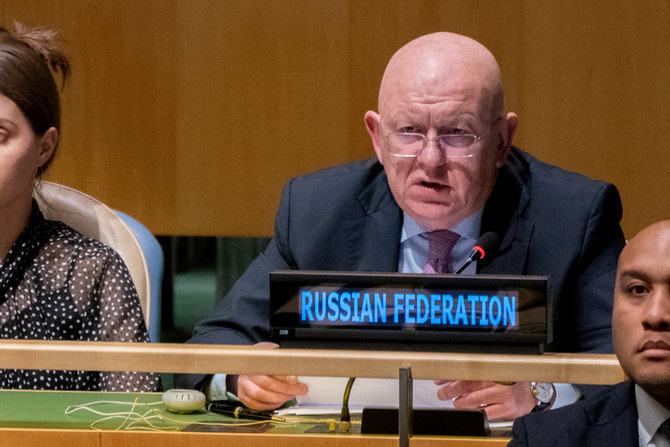
UNITED NATIONS (AFP): Russia, which was ousted from the UN Human Rights Council after its forces invaded Ukraine, will attempt a return to the body on Tuesday — an uncertain move that will provide a gauge of its international support.
The UN General Assembly will vote that day to elect 15 new members to the Geneva-based UN body, for terms running from 2024 to 2026.
The council’s 47 members are allocated by region, and each large regional group usually pre-selects its own candidates, which the General Assembly then generally approves.
But this year two groups have more candidates than available seats: Latin America (candidates from Brazil, Cuba, the Dominican Republic and Peru will contest three seats), and Eastern Europe (Albania, Bulgaria and Russia will vie for two seats).
Moscow’s candidacy has drawn skepticism, and the vote will come just days after a Russian missile attack on the Ukrainian village of Groza killed more than 50 people in a scene of carnage.
“We hope UN members will firmly reject (Russia’s) preposterous candidacy,” a State Department spokesperson told AFP on condition of anonymity.
“Members of Russia’s forces have committed violations of international humanitarian law, including war crimes and crimes against humanity in Ukraine,” the spokesperson added.
Mariana Katzarova, a top UN expert, recently said repression inside Russia had intensified since its February 2022 invasion of Ukraine, reaching levels “unprecedented in recent history.”
To be elected to the rights council, a country needs 97 votes of the UN’s 193 member countries.
In April 2022, 93 countries voted to suspend Russia from the council, while 24 opposed that move.
That majority vote against Russia was less lopsided than other resolutions defending the territorial integrity of Ukraine, with around 140 countries approving.
But the situation with the rights council is more complex, as some countries also seen as rights offenders fear they may face the same fate.
The vote Tuesday will be by secret ballot — perhaps shining a clearer light on a fragmented world in which several developing countries have grown weary of the West’s persistent focus on Ukraine.
“I think Western diplomats in New York are rather worried Russia could sneak back into the Human Rights Council” in what would be “a public relations disaster for the UN on a massive scale,” said Richard Gowan of the International Crisis Group.
“Russia has always argued that many UN members sympathize with it in private but won’t support it in public for fear of antagonizing Western powers,” he added. “Moscow will hope that this supposed silent majority supports it in this secret vote.”
Vassily Nebenzia, the Russian ambassador to the UN, pushed back, saying: “There are no beacons of democracy or rogue states, as is sometimes being portrayed. No member state can claim to be immune from human rights violations.”
Louis Charbonneau of the NGO Human Rights Watch (HRW) conceded that no member of the council “has an unblemished rights record,” but added that “every UN member nation should recognize that the council has membership standards for which Russia and China show despicable disregard.”
His group has called on member countries to also refrain from voting for Beijing, citing its violations of the rights of China’s Uyghur minority.
China, however, risks little in the vote: It is one of four countries in the Asian regional group vying for four open seats.
HRW is also calling for countries to oppose Cuba’s candidacy, while another NGO, the International Service for Human Rights, opposes not just the Russian and Chinese candidacies but also that of Burundi.
Other candidates on Tuesday are Ivory Coast, Malawi, Ghana, Kuwait, Indonesia, Japan, the Netherlands and France.

